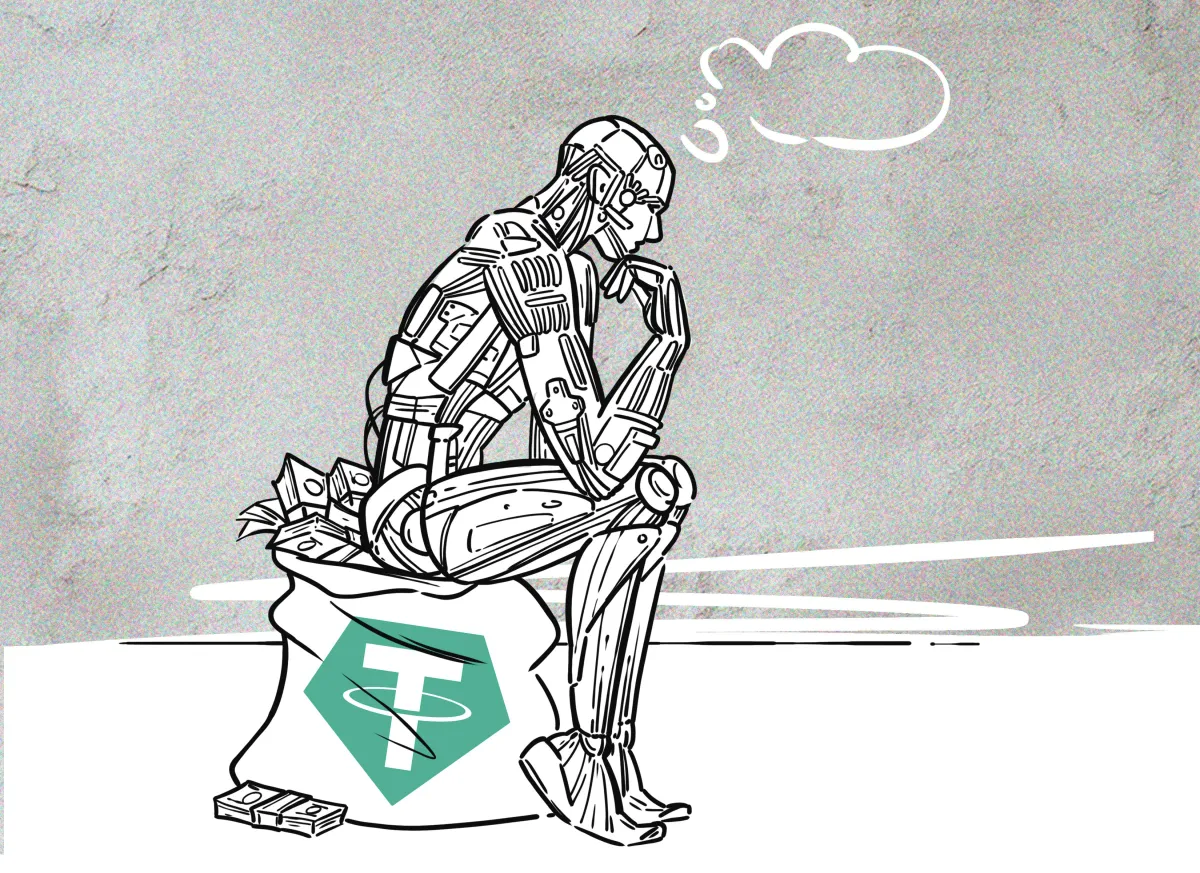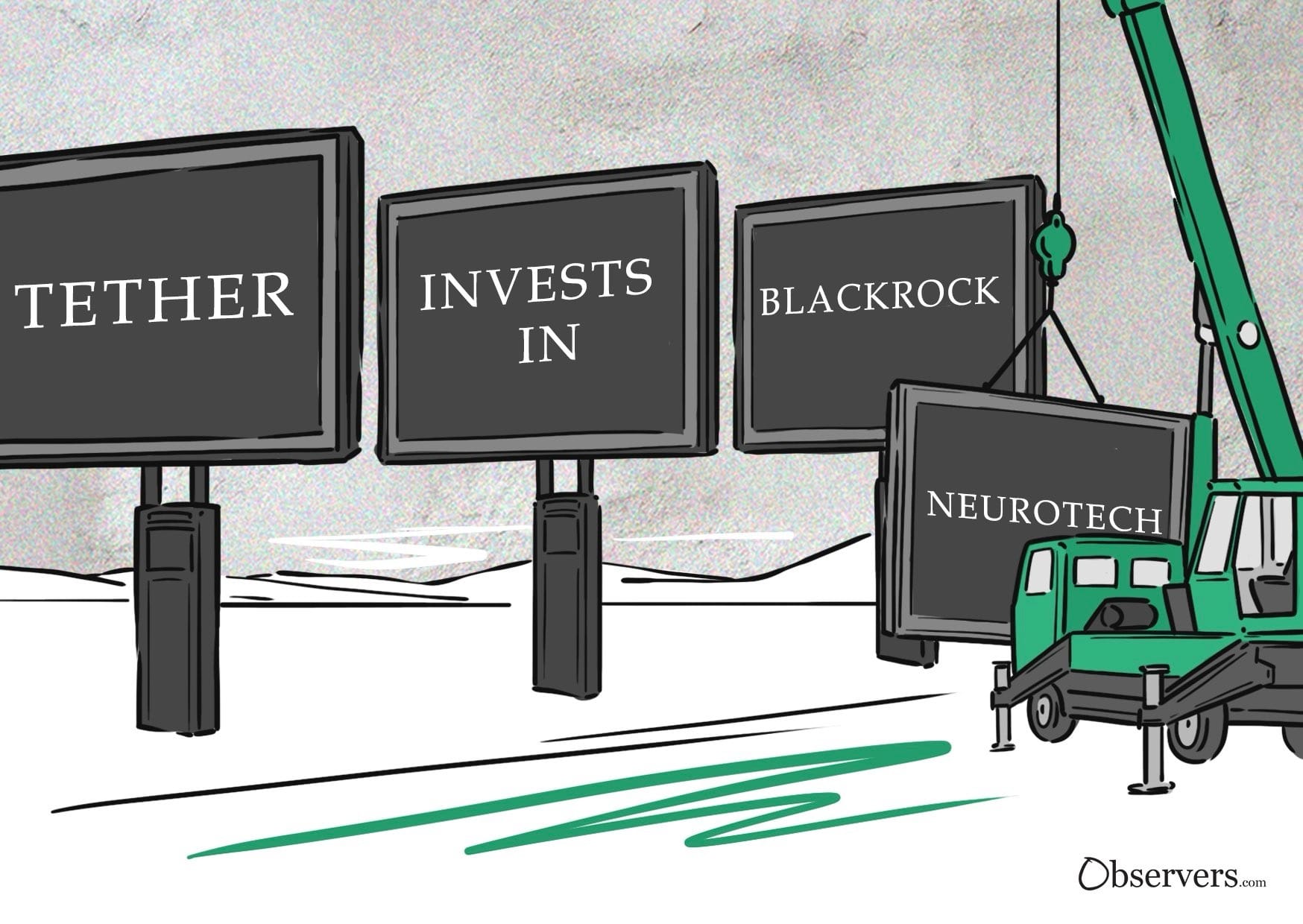Tether, the issuer of the world's largest stablecoin USDT, has invested $200 million in Blackrock Neurotech, a brain-computer interface (BCI) technology developer.
While Elon Musk's Neuralink tries to enable users to control computers with their minds, Blackrock Neurotech offers solutions to individuals with paralysis and neurological disorders. The firm has been in neurotechnology for over 15 years and offers products that are already in clinical and research use. Its technology primarily focuses on high-precision, implantable devices that record and stimulate brain activity, facilitating direct communication between the brain and external devices.
Tether's CEO Paolo Ardoino, in a statement on April 29, expressed the company's long-standing interest in supporting transformative technologies:
"Tether has long believed in nurturing emerging technologies that have transformative capabilities, and the Brain-Computer-Interfaces of Blackrock Neurotech have the potential to open new realms of communication, rehabilitation, and cognitive enhancement."
This investment marks another strategic shift for Tether and its entry into the developing BCI industry. According to the statement, the funding will primarily support Blackrock Neurotech's efforts in commercializing existing medical solutions and further research and development, potentially leading to wider access to these technologies.
Ardoino said the investment was made outside Tether's stablecoin reserves, utilizing company profits. In its Q4 2023 attestation, the blockchain giant reported a record net profit of $2.9 billion, with $5.5 million in excess reserves.
Florian Solzbacher, the co-founder of Blackrock Neurotech, and Tim Sievers, the co-chairman, expressed excitement about the partnership. Solzbacher highlighted Tether's dedication to exploring and fostering technologies that promise widespread benefits and progress for humanity, making them an ideal partner to realize their shared aspirations. "Blackrock will change the life of millions of patients seeking solutions, and ultimately has the potential to change the life of all of us," Sievers said.
The $200 million investment secured a majority stake in Blackrock Neurotech and was made through Tether's newly established venture capital arm, Tether Evo. "Tether Evo stands at the intersection of innovation and human potential, dedicated to propelling humanity into a future where technology and human capabilities merge in unprecedented ways," the company's website reads.
The division is the latest addition to Tether's growing portfolio of ventures, alongside Tether Power, Tether Edu, and Tether Data, launched last month.
Amidst the rising optimism around Tether's ventures into emerging technologies, there remains a palpable skepticism regarding these initiatives' practical impact and potential success. Critics argue that Tether's ambition to disrupt well-established industries may be overly optimistic, especially given the complexities and entrenched interests that dominate these sectors.
For instance, the crypto giant's entry into the AI space last month with promises to decentralize the industry and enhance transparency has been met with skepticism. Legal scholar Ganesh Sitaraman noted in an interview with Politico, "The layers where concentration occurs, like chips and cloud services, are not solved by open-source." This sentiment reflects broader doubts about Tether's ability to influence industries where technological advancements and market control are heavily guarded by powerful corporations with deep pockets.











